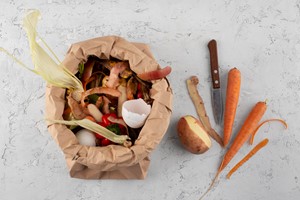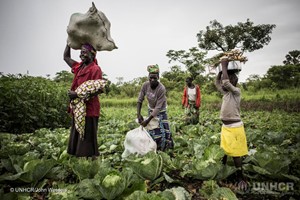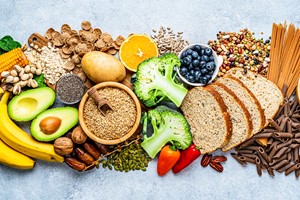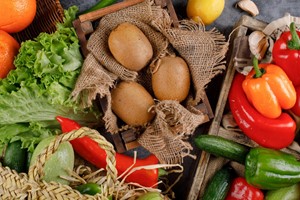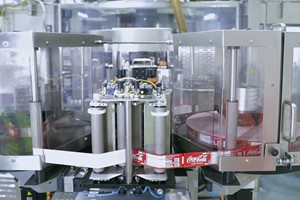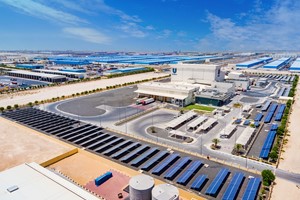In the ongoing battle against environmental degradation and economic losses stemming from agro-food residues, a groundbreaking initiative is poised to revolutionize waste management practices while bolstering the packaging industry's sustainability efforts.
According to recent data from the Food and Agriculture Organization of the United Nations (FAO), food and crop waste contribute significantly to economic losses, amounting to approximately $936 billion globally. Furthermore, they are responsible for 8% of all global greenhouse gas emissions. In Europe alone, a staggering 90 million tons of food and 700 million tons of crops are wasted annually.
Addressing this pressing issue head-on, the European Union has set ambitious targets to mitigate the adverse effects of waste on the environment and the economy. Directives such as (EU) 2018/852/CE emphasize the need for packaging materials to be recyclable by 2030 and advocate for a 15% reduction in packaging waste by 2030 compared to 2010 levels.
In line with these directives, the AGROMATTER project has emerged as a beacon of hope for sustainable waste management and circular economy practices. Spearheaded by the ITENE Research Centre, this innovative endeavor aims to extract valuable compounds from agri-food waste using cutting-edge sustainable technologies. These compounds will be utilized in various industries, including packaging, biotechnology, textiles, cosmetics, automotive, and food.
Central to the AGROMATTER project is the development of second-generation biorefineries, which integrate processes for the complete conversion of waste into multiple bioproducts. By harnessing the potential of agricultural residues, which often end up in landfills or low-value applications, the project seeks to transform them into high-value-added products.
One of the key focuses of the AGROMATTER project is the production of biopolymers from renewable sources, particularly poly (lactic acid) (PLA) derived from agro-industrial waste such as broccoli or lemon peel. Through advanced fermentation processes, lactic acid, a precursor to PLA, is synthesized from these waste materials. This not only reduces reliance on conventional raw materials but also mitigates the environmental impact associated with waste disposal.
Furthermore, ITENE is dedicated to optimizing PLA formulations to meet the stringent requirements of the packaging industry, including mechanical strength, barrier properties, and processability. Additionally, the project explores the use of organic additives to enhance the compostability of bioplastics, further aligning with circular economy principles.
The AGROMATTER project extends beyond mere research and development; it aims to catalyze collaboration across the entire value chain, driving innovation and knowledge transfer to businesses. By reducing costs associated with waste management and production, while simultaneously creating new value chains, the project paves the way for a more sustainable future.
As the project progresses, its implications for the packaging industry and beyond are profound. By harnessing the potential of agro-food waste, AGROMATTER not only addresses environmental concerns but also contributes to the creation of sustainable packaging materials with improved properties and biodegradability rates.
In an era marked by growing environmental consciousness and the imperative for sustainable solutions, the AGROMATTER project stands as a testament to the power of innovation in addressing complex global challenges.





